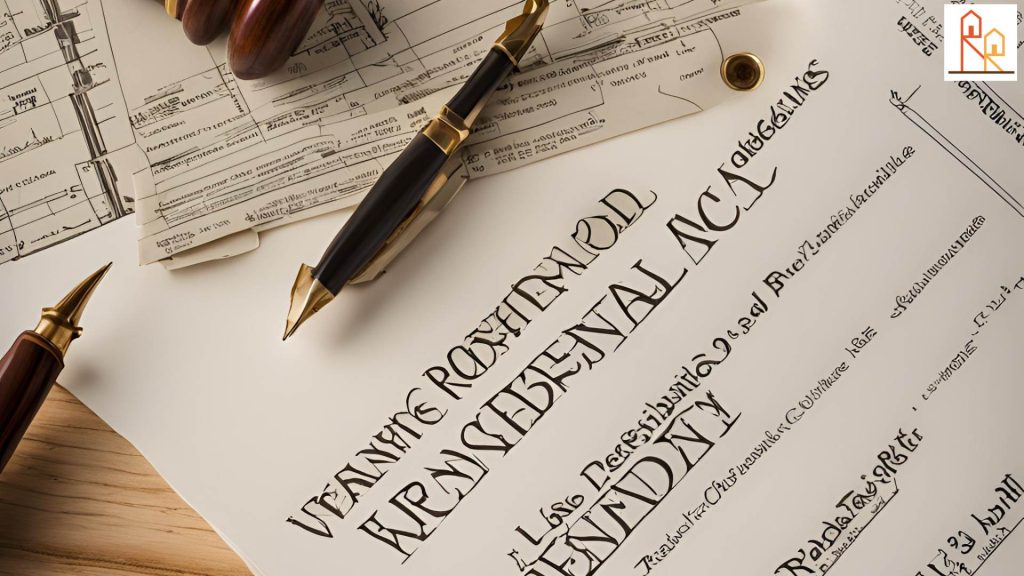
WASHINGTON STATE RESIDENTIAL LANDLORD-TENANT ACT RCW 59.18 (RLTA)
Owners and tenants have legal responsibilities to each other. The Washington State Residential
Landlord- Tenant Act (RCW 59.18, RLTA) outlines the rights and responsibilities for landlords and
tenants.
This summary of Abandonment rules to keep in mind during a lease is designed to help owners gain an understanding of the state rules and regulations affecting housing. This information should not be used as a substitute for legal advice.
Abandonment Related To Failure To Pay Rent (RCW 59.18.310):
Abandonment occurs when a tenant has both fallen behind in rent and has clearly indicated by words or actions an intention not to continue living in the rental.
When a rental has been abandoned, the landlord may enter the unit and remove any abandoned property. It must be stored in a reasonably secure place. A notice must be mailed to the tenant saying where the property is being stored and when it will be sold. If the landlord does not have a new address for the tenant, the notice should be mailed to the rental address, so it can be forwarded by the U.S. Postal Service.
If the tenant does not reclaim the property, the landlord can sell the property:
- If the total value of property is less than $250, the landlord must mail a notice of the sale to the tenant and then wait seven (7) days.
- Family pictures, keepsakes and personal papers cannot be sold until forty- five (45) days after the landlord mails the notice of abandonment to the tenant.
- If the total value of the property is more than $250, the landlord must mail a notice of the sale to the tenant and then wait forty-five (45) days. Personal papers, family pictures, and keepsakes can be sold at the same time as other property.
The money raised by the sale of the property goes to cover money owed to the landlord, such as back rent and the cost of storing and selling the goods. If there is any money left over, the landlord must keep it for the tenant for one (1) year. If it is not claimed within that time, it belongs to the landlord.
If a landlord takes a tenant’s property and a court later determines there had not actually been abandonment, the landlord could be ordered to compensate the tenant for loss of the property, as well as paying court and attorney costs.

